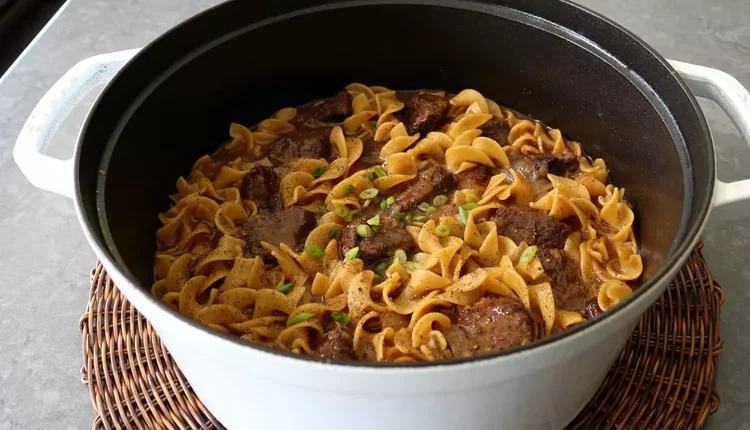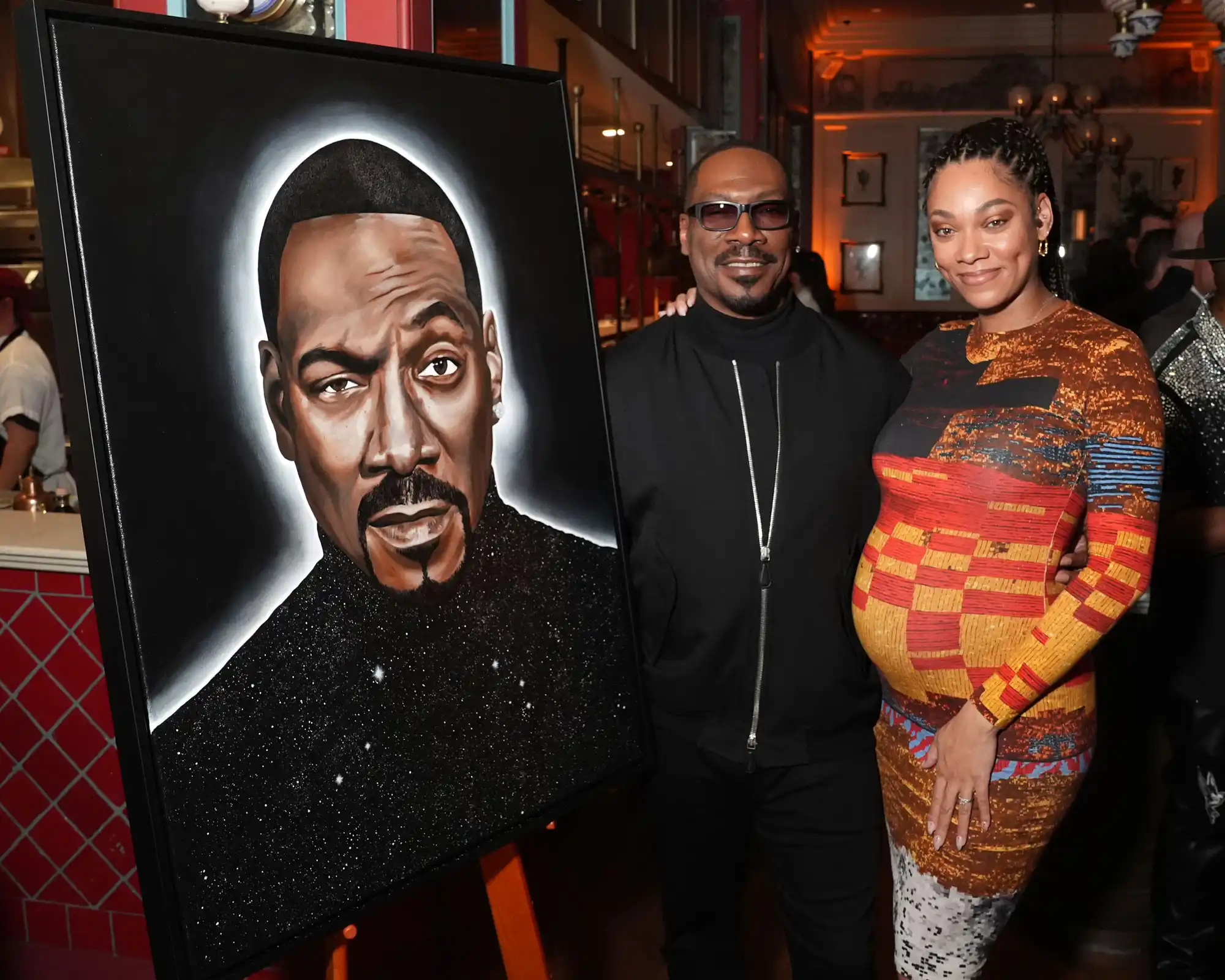Introduction: The Sister Act That Shook the Village
In a cinematic landscape often dominated by fast-paced thrillers and glossy, Lagos-centric dramas, Director Kenechukwu Ojukwu’s Mara and Martha dares to slow down, focusing its sprawling narrative on the fierce, heartbreaking, and ultimately uplifting rivalry between two sisters in a Nigerian village. Clocking in at over two hours, this 2025 production promised a deep dive into maternal bias, thwarted dreams, and the deceptive allure of fame. But does its epic length deliver true dramatic resonance, or does it collapse under the weight of its own ambition?
This critique goes beyond the surface-level plot—Mara’s relentless, unsuccessful pursuit of celebrity versus Martha’s quiet, domestic success—to systematically analyze how the film handles its complex themes, its powerhouse performances, and its overall contribution to the ever-evolving Nigerian film industry. This review is essential reading for film critics, academics, and anyone invested in the future of Nollywood storytelling.
1. Narrative Structure and Pacing: An Unforgiving Two-Hour Marathon
The most immediate critical element of Mara and Martha is its length. At 140 minutes, the film is an uncompromising commitment, and Ojukwu uses this time to build the foundation of Mara’s (Sonia Uche) failure, episode by agonizing episode. The film’s narrative structure is essentially a series of vignettes illustrating Mara’s repeated, spectacular flops—her disastrous football tryout, her hilarious but ill-fated attempt at dancing in the market square, and her persistent, cringe-worthy acting auditions.
This strategy, while initially engaging, becomes the source of the film’s major pacing problem. The first hour dedicates excessive time to these failures, creating a sense of dramatic fatigue rather than mounting tension. We understand Mara is discouraged; we don’t need five separate scenes hammering the point home. Conversely, Martha’s (Chisom Agoawuike) path, the gradual, steady rise of her cooking business (beautifully shot in a montage of sizzling oil and smiling customers), feels under-served in comparison, yet represents the more mature path the film supposedly champions.
The moment of convergence—the arrival of the famous actor Jina Okon (Bryan Okwara) and the ensuing deception—feels like a sudden, jarring injection of plot intended to rescue the dragging first act. While the final act, where the sisters unite for revenge, is brisk and satisfying, the setup is undeniably uneven. The narrative, like Mara herself, stumbles repeatedly before finally finding its footing in the final forty minutes. The film demands patience, but only partially rewards it. The excessive time dedicated to Mara’s early disappointments could have been better utilized in deepening the emotional impact of the sister’s eventual reconciliation.
2. Thematic Depth and Messaging: The Heavy Hand of Maternal Bias
Mara and Martha is fundamentally a film about parental toxicity disguised as tough love. The core theme of Maternal Favoritism/Discouragement, embodied by Mama (Ebere Okaro), is relentlessly explored. Mama’s favoritism towards Martha, the “responsible” daughter, is brutal and direct, often delivered in sharply written dialogue that lands with painful accuracy.
The Problem of the Unearned Redemption
The main thematic stumbling block lies in the resolution of Mama’s character. For two hours, Mama is depicted as an almost villainous impediment to Mara’s happiness, openly mocking her dreams in favor of Martha’s domestic achievements. When she finally offers her “heartfelt apology” at the peak of Mara’s televised success, the shift feels unearned and dramatically manipulative. The film fails to provide enough genuine moments of conflict or introspection for Mama to justify such a profound emotional pivot. It cheapens the message, suggesting that Mama’s change of heart is not a realization of her error, but simply a response to Mara’s material success—a deeply cynical, if realistic, commentary on Nigerian society.
Critiquing Gender Roles and Ambition
The film attempts a complex critique of gender roles. Mara, the ambitious rebel, chases the modern dream of celebrity, yet she is repeatedly punished for it. Martha, the traditional homemaker and entrepreneur, finds success within established domestic parameters (cooking). The most profound thematic statement is subtle: the wealthy, predatory Chief offers to marry the woman he thinks is Martha, a transaction Mara bravely rejects in a powerful scene. This rejection is Mara’s first true success, an act of integrity against societal pressure.
However, the final, unseen rejection by the actual Martha (after Mara’s fame is secured) is a missed opportunity. While it suggests that both sisters choose authenticity over wealth, showing Martha’s agency in that decision would have solidified the film’s message that success is meaningless without personal dignity. Ultimately, the film champions the notion that success requires integrity, but the narrative often confuses integrity with forced humility and suffering.
3. Character Dynamics and Performance: A Trio of Powerhouse Actors
The technical flaws and pacing issues of Mara and Martha are largely mitigated by the exceptional performances of its lead trio. The dynamics between the characters are the true emotional anchor of the film.
The Convincing Sisterly Collision
The casting of Sonia Uche (Mara) and Chisom Agoawuike (Martha) is a masterstroke. Their chemistry is a convincing blend of ingrained rivalry and unbreakable love. Uche embodies Mara’s raw, restless ambition with a desperate vulnerability; her eyes constantly flicker between hope and despair. Her transition from a desperate dreamer to a calculating schemer in the revenge plot is seamless. Agoawuike, in contrast, plays Martha with a serene, almost saintly composure that only occasionally breaks to reveal the simmering resentment she holds towards her attention-seeking sister. The moment they finally shed their rivalry and join forces against Jina Okon is a profoundly satisfying payoff, built not on dialogue, but on a shared, silent look of unified purpose.
Jina Okon: A Modern Nollywood Villain
Bryan Okwara’s portrayal of Jina Okon is a refreshing take on the modern Nollywood predator. He is not a cartoon villain; he is charming, suave, and uses his celebrity status as a weapon of manipulation. Okwara’s performance avoids melodrama, instead presenting Jina as a smooth, entitled opportunist. This makes the eventual downfall of the character far more impactful, as the sisters don’t defeat a monster, but rather expose a well-dressed fraud.
Ebere Okaro’s Mama is the emotional lightning rod. She successfully navigates the difficult arc of the perpetually disappointed mother. Her harshness is so piercing that it borders on comedy in some scenes, yet it grounds the family conflict in a harsh reality familiar to many viewers. While her final redemption is narratively rushed, Okaro’s acting chops make the moment, brief as it is, feel believable in its emotional sincerity. The secondary character of Eduke, the local suitor, provides necessary, well-timed comedic relief, acting as the consistent, honest benchmark against which the sisters measure the Chief and Jina.
4. Technical Execution and Production Value: Elevated Aesthetics
For a movie that spends considerable time in a village setting, Mara and Martha demonstrates an elevated production quality that speaks to Nollywood’s continued technical refinement.
Cinematography and Visual Contrast
The cinematography is deliberately constructed to enhance the film’s thematic contrast. The village scenes, particularly those featuring Martha’s cooking business and the local market, are captured with a warm, naturalistic light, emphasizing authenticity and community. In sharp contrast, the scenes involving Jina Okon—the hotel meeting, the film set—utilize sharper, cooler lighting and tighter framing, successfully conveying the artificiality and emotional danger inherent in the pursuit of ‘big-city’ fame. This visual distinction underscores the core conflict between genuine local values and false, urban glamour.
Sound and Music
The sound design is generally clean, a significant improvement over previous Nollywood standards. The soundtrack is used effectively to underscore key emotional beats, though Mara’s spontaneous, and often poor, singing attempts are intentionally cringe-inducing for comedic effect. The film’s theme song, which plays during the final moments of Mara’s successful transition, is poignant and appropriately uplifting, concluding the narrative on a powerful emotional high. However, minor continuity hiccups in scene transitions—a common issue in lengthy productions—are visible, occasionally pulling the viewer out of the otherwise immersive experience. These are minor quibbles in an otherwise well-produced feature.
5. Sociocultural Impact and Final Verdict: A Reflection on Authentic Success
Mara and Martha is more than just a family drama; it functions as a potent cultural commentary on the Nigerian dream and the current generation’s obsession with instant celebrity, particularly via social media and the entertainment industry.
The film successfully challenges the notion that validation must come from external sources (like a mother’s approval or a celebrity contract). Mara’s true, authentic success isn’t her acting role—it’s the moment she refuses the Chief’s bribe and the moment she finds her voice not by chasing Jina’s approval, but by leveraging her own unique skills. The message is clear and timely: integrity is the true price of success, and authenticity is the most marketable commodity.
By grounding its tale in the contrast between traditional domestic success and the chaotic world of fame, Mara and Martha positions itself as an important entry in contemporary Nollywood. It uses familiar tropes (sibling rivalry, parental bias) but elevates them with strong performances and a nuanced critique of societal pressures. While the pacing is sluggish in the middle and Mama’s redemption feels too quick, the film ultimately delivers a powerful, emotional, and relevant story that resonates deeply with the pressures faced by young Nigerians today.
Verdict: Recommended
Rating: 3.5 / 5 Stars
Call-to-Watch: Mara and Martha is a commitment, but if you value films that prioritize character development and thematic depth over non-stop action, this is a must-watch. Grab some popcorn, settle in, and prepare to be fully invested in the messy, human drama of two sisters fighting for their own definitions of success. You will be thinking about Mama’s last scene long after the credits roll. Let us know in the comments: Whose journey resonated more with you: Mara’s relentless pursuit, or Martha’s quiet confidence?
#NollywoodTimes
#NollywoodSisters
#IntegrityOverFame
#ThePriceOfDreams















Leave a Reply